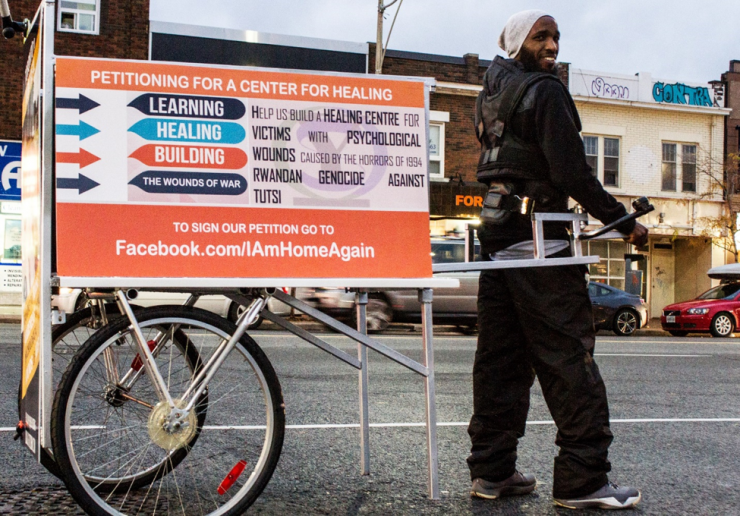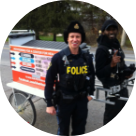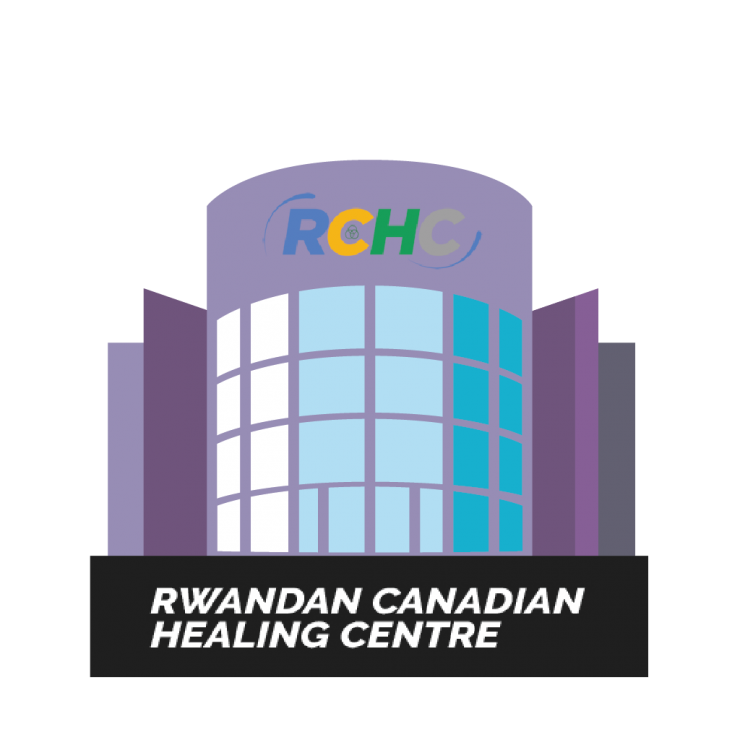Holistic Health & Community Wellness
By Kizito Musabimana

Developing educational tools and guided practices for the achievement of holistic health and wellness. Provide a new mindset to craft and pursue individual and community visions.
In line with our mission, the Rwandan Canadian Healing Centre (RCHC) intends to lead Continental African Canadian (CAC) communities on the national stage when it comes to creating environments for learning, healing and rebuilding after individual and community trauma. Thus, our approach to health and wellness is naturally holistic.
We understand that more radical approaches toward good health and wellness are necessary to change our society. We must stress proper health on both individual and community levels. It no longer good enough to just eat healthy, be a vegan or a vegetarian to consider one’s diet complete. Exercising isn’t enough to stay in top shape. With Genetically Modified Organisms (GMO) in food, chemically influenced produce and poison in our environment (air, water, soil, inner and outer energy), one must work harder to maintain internal and external balance. This can be a daunting task for many. Disorders seem inevitable and the will to even try to undertake a healthier lifestyle is defeated.
Mental and Emotional Care
In order to achieve mental and emotional wellness within the Continental African Canadian community, we must take a trip down memory lane. The symptoms and disorders in these communities can be traced as far back as the traumatic experiences of our ancestors. They never had an opportunity to learn and heal from these experiences. The question RCHC wants to answer is: how have their experiences contributed to our generation’s trauma?
When you think of past traumas, PTSD is a much broader challenge and it affects more individuals in our communities than we would care to admit. In my Rwandan community for example, in an article published by The New Times: By Hudson Kuteesa Published: March 20, 2019, a recent study by Rwanda Biomedical Centre estimated the prevalence of trauma to be at 3.6 percent among the general population (14 to 65 years old). But among Genocide survivors, trauma was estimated at 27.9 per cent, of which 18.5 per cent are within the 24-35 age group. These were either not yet born by the time of the Genocide or were very young.
“It is true that among the people with trauma related to the Genocide against the Tutsi, we, unfortunately, find young people who were not born at the time,” said Dr. Jean Damascène Iyamuremye, Director of Psychiatric Care Unit, Mental Health Division of the Rwanda Biomedical Centre.
According to Dr. Lyamuremye “transgenerational or intergenerational trauma” is “a transference of emotional, physical, or social pain from one person to their descendants.” This concept originated after World War II when various studies proved that children and grandchildren of Holocaust survivors demonstrated certain symptoms of trauma.
A lack of mental health care for youth has created an environment with high levels of loneliness and suicide as a result of the pressures of social media. Loneliness and suicide result from feeling a lack of purpose. RCHC will serve as a vehicle to provide emotional state training for youth to manage feelings and behaviors. RCHC will address healing, leaning and rebuilding personal, interpersonal and community well-being by promoting:
A heightened emotional self-awareness by teaching our youth to identify and evaluate their feelings. This includes instructions on the four core emotions, instruction on mindfulness and meditation, instruction on verbally labeling their feelings and more.
We want to also encourage our youth to take an important journey down memory lane. They must learn to deal with their past trauma, “empty the cup,” and learn new skills to face their current challenges with a fresh outlook and sense of purpose. We will be offering programs that require research and reading Afro-centric books, in order to understand the African Records of the past told by Africans from African perspective.
Through daily journaling and sharing of individual experiences, our program will offer members the space and environment to share with peers and specialists. Most African Canadian communities lack mentors and counselors, so our members will be connected to those who will help guide them on their new journey forward.
Physical Health
Through its programs, RCHC will work tirelessly to promote positive behavior towards individual and community wellness and health. RCHC will address mental and emotional care in addition to physical and spiritual development. We will also research and develop programs that understands nuances on food/water intakes, training technics, as well as mindfulness approached to support the wellness of individuals and communities – especially when it comes to the Continental African Canadian make up.
RCHC will provide Health Literacy and access to Healthcare system across the country by:
- Offering socio-emotional and self-awareness through ongoing learning, healing, and group sharing activities, including outreach and referral services for members who require more professional counseling.
- Partnering with local holistic and healthcare providers for easy access to health resources and healthcare systems.
- Promoting responsible sexual behavior and encouraging youth through ongoing activities. RCHC will stress the importance of waiting until they are ready and help youth find mentors in areas of sexual responsibility and decision-making regarding the risks and consequences associated with sex.
“As above so below.”
A major aspect of physical health is the development of individual spiritual growth, because our thoughts reflect our physical manifestation. RCHC will work to develop educational tools for members to utilize, provide guided mindfulness meditation and craft visions that contribute to a meaningful life.
Community Wellness
A big hurdle that causes many members in the CAC community not to seek therapy or counseling is the fear of being diagnosed as mentally ill or disabled, a label which can cause a loss of opportunities. In the CAC, mental health is still attached to a huge stigma and those with mental challenges are seen as weak and incapable. RCHC’s mental health (Healing) programs will provide one-on-one counseling to give members the opportunity to open and share their experience to peers and specialists who can relate. This exercise offers release for individuals with mental health challenges and allowed them to discover a path to recovery.
We will also offer members ongoing counseling and mentoring on how to maintain good health, work with members to face their struggles and encourage them to share everyday successes.








